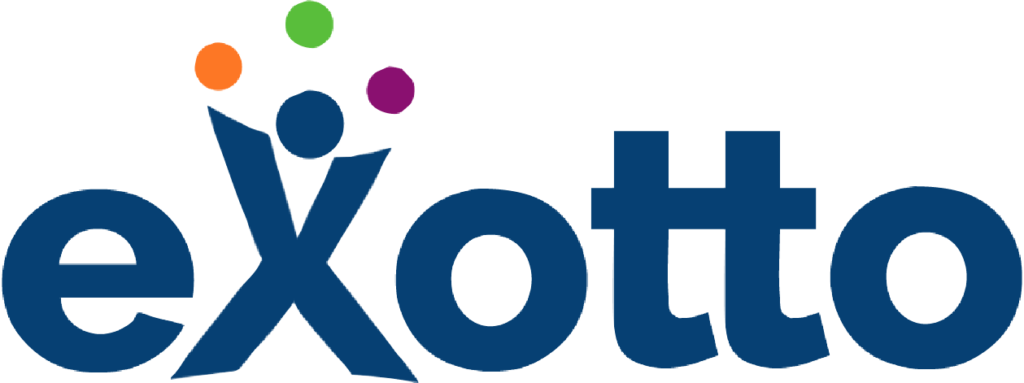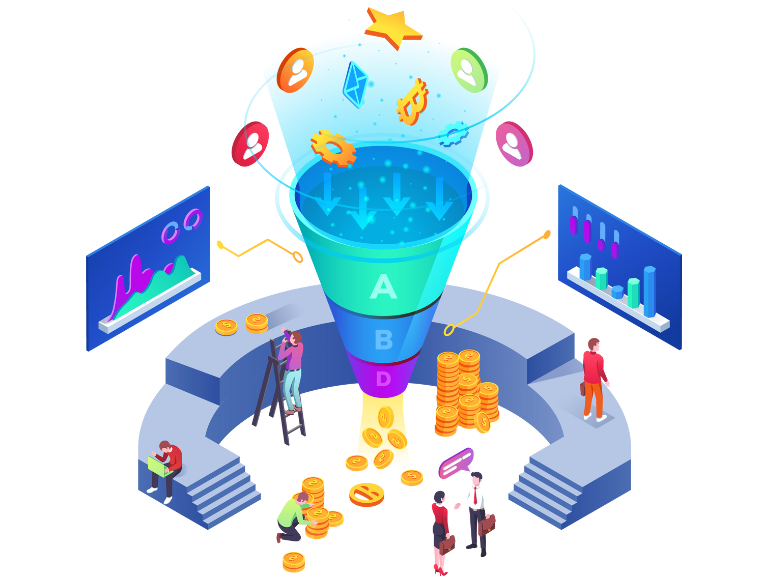Can you imagine life today without the contacts app on your phone? Phone numbers and the email addresses of everyone you know are hard enough to remember. So we outsource that to our phones, which keep track of everyone’s contact information. Phoning a friend is as simple as saying, “Siri, call Bob.” A Customer Relationship Management (CRM) platform will do that and much more. The “R” in CRM is for Relationships, and the primary focus is to build relationships.
Let's get down to basics:
- What exactly is a CRM tool?
- Why would you want one?
While CRM may seem complex, its goal is simple: centralize your contacts and update them regularly. By consolidating interaction history and deal information, a CRM ensures alignment across teams—sales, marketing, customer service, and leadership—for every opportunity.
What is CRM?
So, what exactly is a Customer Relationship Management system? It’s a tool that allows you and your team to keep track of all your customer and contact information. Additionally, it assists sales management, delivers actionable insights, integrates with social media, and streamlines team communication.
Customer Relationship Management software enables firms to concentrate on their connections with customers, coworkers, suppliers, and other decision-makers. Furthermore, with an appropriate CRM, finding new clients and earning their confidence becomes much easier. It also facilitates providing qualified assistance and extra services throughout the relationship.
How does a CRM work?
- Managing Scattered Information: Managing customer and prospect information effectively is crucial for any growing business, yet this data often ends up scattered across emails, calendars, notes, contacts, and service records. Consequently, without a centralized system, your team may find it challenging to access and coordinate this information efficiently.
- Handling Multiple Applications: Furthermore, as a business owner, you likely leverage various apps to handle the deluge of data from conversations, services, campaigns, meetings, and appointments. However, the key question remains: do these applications seamlessly integrate? Additionally, can you easily retrieve the notes from a customer’s last call to your service team while preparing for a sales meeting or checking your scheduling app?
- Integrating Solutions with CRM: Importantly, an integrated Customer Relationship Management system offers a solution by consolidating all essential functions onto a single platform. This unification not only simplifies both customer interactions and internal processes but also streamlines operations and enhances productivity across your organization.
Key Features of a CRM System
- Workflow automation: By automating your workflow, Customer Relationship Management software makes your life simpler. CRM software can automatically perform a certain action (or set of actions) when it detects the trigger or event you specify.
- Interaction tracking: To always know what to do next with a contact, add notes, and track interaction history.
- Customer service: Customer Relationship Management software can help you acquire and retain customers by offering exceptional customer service. Also, it automatically keeps track of all conversations, from lead generation through closed transactions and sales history.
- Lead management: Convert more prospects into your customer lists by identifying, qualifying, and moving leads through your sales pipeline. Lead management is equally important as lead generation in startups.
- Email integration: Integrate with email such as Google, Outlook, different SMTP providers, etc., allowing for management and categorization of contact lists, as well as a centralized hub for internal cross-collaboration.
- Pipeline management: See an overview of your whole sales pipeline and the status and development of each stage.

How can you start your own CRM journey?
Embarking on your CRM journey can seem daunting, but only right approach can transform your business operations and customer relationships. Here are some steps to get started:
- Assess your needs: Understand your company’s processes, goals, and pain points. Identify what you want to achieve with a Customer Relationship Management system and the specific features and functionalities supporting your objectives.
- Research CRM options: Explore different Customer Relationship Management platforms available and consider factors such as scalability, ease of use, customization options, integrations, and pricing.
- Involve stakeholders: Engage key stakeholders from various departments, including sales, marketing, and customer service. Their input is crucial in selecting a CRM that caters to their needs and fosters collaboration across teams.
- Implementation plan: Create a roadmap for CRM implementation, including data migration, user training, and system integration. Define clear timelines, roles, and responsibilities to ensure a smooth transition.
- Customize & configure: Tailor the CRM system to match your business processes to set up workflows, data fields, and automation rules that align with your unique requirements. Also, take advantage of customization options to make the CRM a seamless fit.
- Train your team: Train your employees on how to use the CRM effectively. Highlight the benefits and demonstrate how it streamlines their tasks, improves productivity, and enhances customer interactions.
- Continuously optimize: Regularly review and refine your strategy. Monitor KPIs, gather user feedback, and make necessary adjustments to ensure the CRM aligns with your evolving business needs.
Conclusion
Now that you have a solid understanding of Customer Relationship Management and its benefits, it’s time to take action and propel your business forward. A CRM system can revolutionize customer relationships, streamline operations, and drive growth.
Contact Exotto today and let our professionals help you select, implement, and optimize the ideal Customer Relationship Management system for your organization. You can build stronger relationships, boost revenue, and achieve long-term success with our support. Get started on your CRM journey with Exotto now!
Key Points
- Customer Relationship Management is a tool that helps businesses keep track of customer and contact information.
- A Customer Relationship Management system consolidates all customer interactions and deal-related information in one place.
- Key features of a Customer Relationship Management system include workflow automation, interaction tracking, customer service management, lead management, email integration, and pipeline management.

